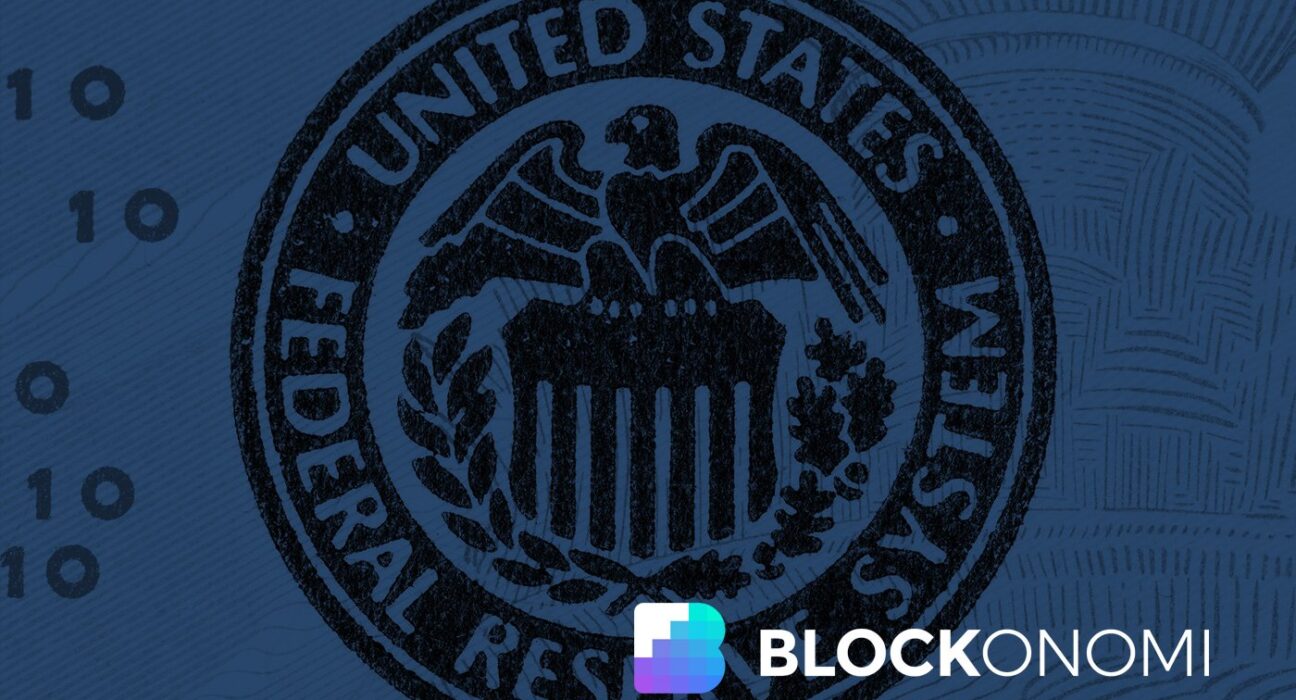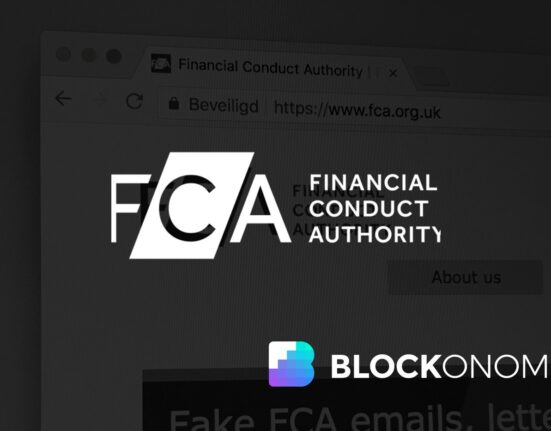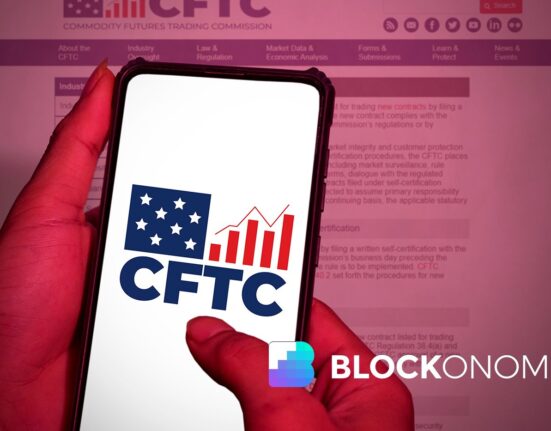TLDR:
- The Fed’s “skinny master account” could let crypto and fintech firms bypass traditional banks for payment access.
- Governor Chris Waller said distributed ledgers and crypto are now part of the financial system’s foundation.
- Firms like Custodia, Kraken, and Ripple could finally gain direct access to the Fed’s payment systems.
- The new account proposal aims to modernize payment infrastructure without changing existing eligibility laws.
The Federal Reserve is considering a major policy change that could reshape how digital asset firms interact with the U.S. financial system.
During the Fed’s Payments Innovation Conference, Governor Christopher Waller introduced a proposal for a “skinny master account” tailored for fintech, stablecoin, and crypto payment providers.
The new system would allow legally eligible institutions to directly connect to the Fed’s payment rails without relying on partner banks.
Fed’s New ‘Skinny Master Account’ Redefines Bank Access
This announcement marks a key shift in the Fed’s approach toward financial innovation.
For years, crypto and fintech players have struggled to secure full master accounts, a status that allows direct participation in the nation’s clearing and settlement systems. Waller described this new option as a “limited-access” account that maintains regulatory oversight while expanding inclusion.
He clarified that while these accounts wouldn’t grant all privileges of a full master account, they would provide payment access essential for operations. That includes participation in systems like FedNow, ACH, and wire transfers. Importantly, eligibility criteria under current laws would remain unchanged.
Eleanor Terrett, a journalist covering the event, said the proposal could open the door for innovators long blocked by regulatory hurdles. The change could allow entities such as Custodia Bank, Kraken, and Ripple to finally engage directly with the central bank’s network.
Crypto and Stablecoin Firms See New Path to Fed Access
This proposal carries weight for firms that have spent years lobbying for access.
Custodia Bank, for example, filed a lawsuit against the Federal Reserve after repeated rejections of its master account application. A limited-access structure could resolve that standoff by creating a pathway that balances innovation with risk control.
Crypto exchange Kraken has also sought similar access through its Wyoming-based banking subsidiary. Under the new structure, such institutions could link to the Fed’s rails without securing a full charter, a move that may reduce reliance on intermediary banks.
Governor Waller emphasized that digital assets are no longer a side story. He said distributed ledgers and crypto have become part of the financial system’s framework, echoing the shift many regulators are now recognizing.
The proposal, while still in early stages, signals the Fed’s intent to modernize its infrastructure to accommodate emerging technologies.
MartyParty, a digital analyst commenting on the event, called the announcement “major news” for crypto infrastructure. He said it aligns with the growing integration of blockchain technology into payments and settlements, and could improve access for both stablecoin issuers and fintechs.
If approved, the change could reshape the competitive landscape for payments and liquidity management. It may also redefine how crypto-related firms connect with traditional finance, bridging a gap that has long slowed growth and adoption.








